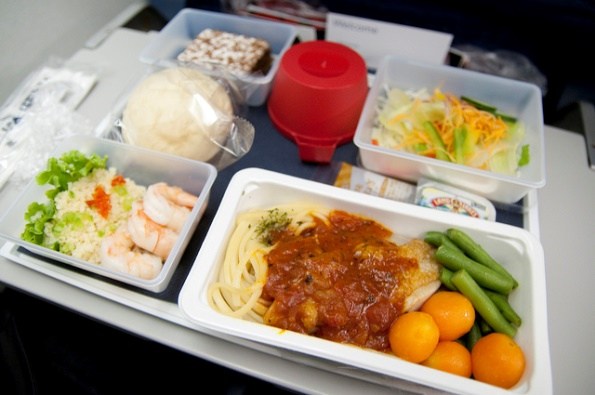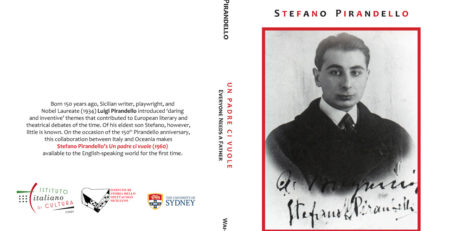Getting seared in translation
Translation is a fun business, or a funny one. You plough along through thousands of words and then suddenly a single word or phrase disrupts your day, might even take up your whole day. One such word that came our way recently was “seared”. Seared salmon, I think it was.
The problem arose because in a Japanese translation, rightly or wrongly, we provided the word tataki and the client, a well-known airline, insisted that seared and tataki were not the same. Emails churned between the client and the agency and between the client and chefs around the world about the translation of “seared” in several languages.
When in doubt, a translator turns to your favourite search engine and the dictionary, but when translating menus, one goes to the kitchen as well. The cook wants to know how cooked is the seared fish, while the dictionary says:
– to burn the surface of something with sudden very strong heat
– to fry a piece of meat quickly at a high temperature, in order to prevent liquid and flavour escaping from it (http://dictionary.cambridge.org/dictionary/english/sear?q=seared)
In Spanish the translator proposed vuelta y vuelta which suggests a quick cooking, “turn and turn” or “over and over”. Other possibilities might include a la parilla, but the client mandated a la plancha. Neither of these terms indicate the degree of cooked the fish might reach, but certainly imply grilling rather than frying.
We had no discussion with our client about the Chinese (Cantonese/Mandarin) translation, where the client accepted the one character for seared/grilled (and to some extent fried).
The Indonesian translator advised he preferred to use the one (same) word for seared/ grilled/ roasted: panggang. The client’s cooks recommended the word membakar, but our translator insisted that panggang was more appropriate.
In Japanese, the client wanted the term translated as “grilled” (so the translation become: Guriru-yaki). The client has also accepted transliteration of the word sauté, as in seared ling: Rin no sote.
After all this, at the agency we remained ignorant of the key point: how cooked exactly is the fish the client is serving? Perhaps we got a little seared in the third dictionary meaning: to have a strong effect on someone’s feelings or memories.
Other dishes we’ve had to think about include Shepherd’s pie (is this a “pie of the shepherd” or is it “baked minced meat and mashed potato”?) and Caramel crème (we never understood whether this was any different to the usual Crème caramel).
And then there was the memorable day when a translation of “prior to arrival” was interpreted as “Last supper” by some dining passenger en route to Asia. In days of news about air disasters, this interpretation was definitely enough to make anyone nervous.





